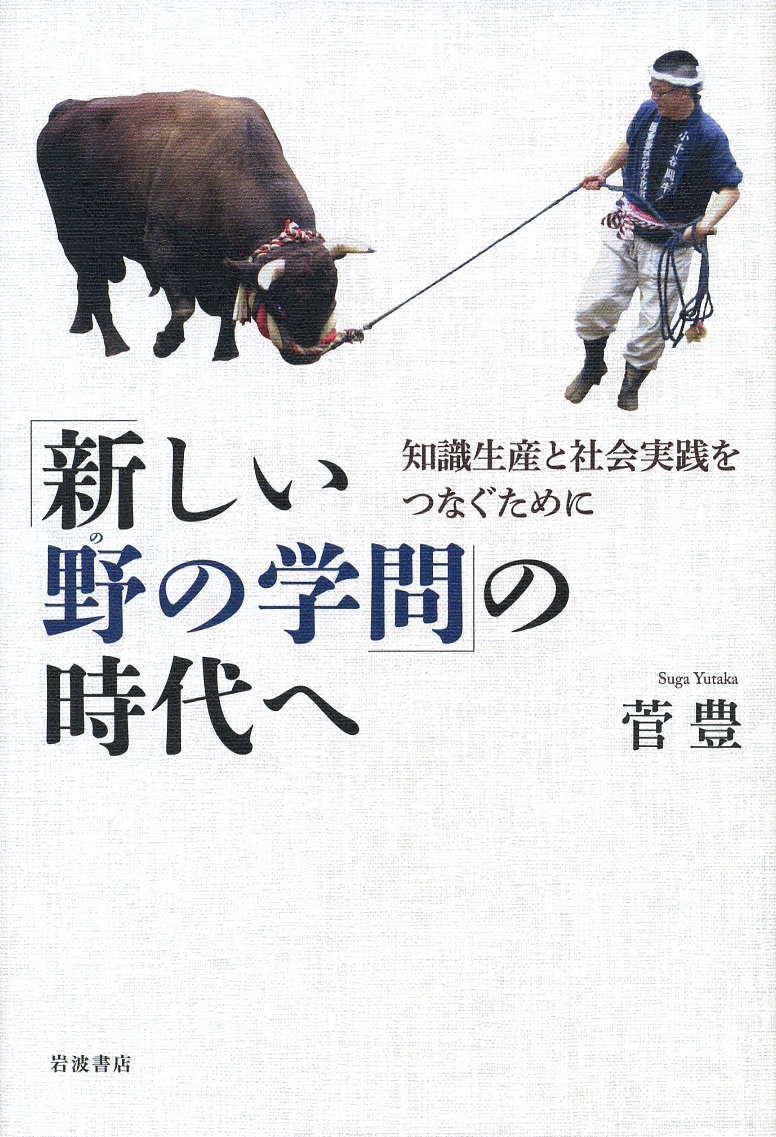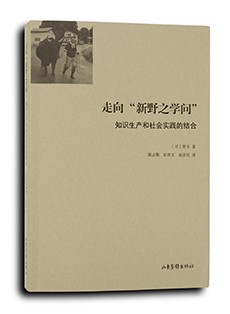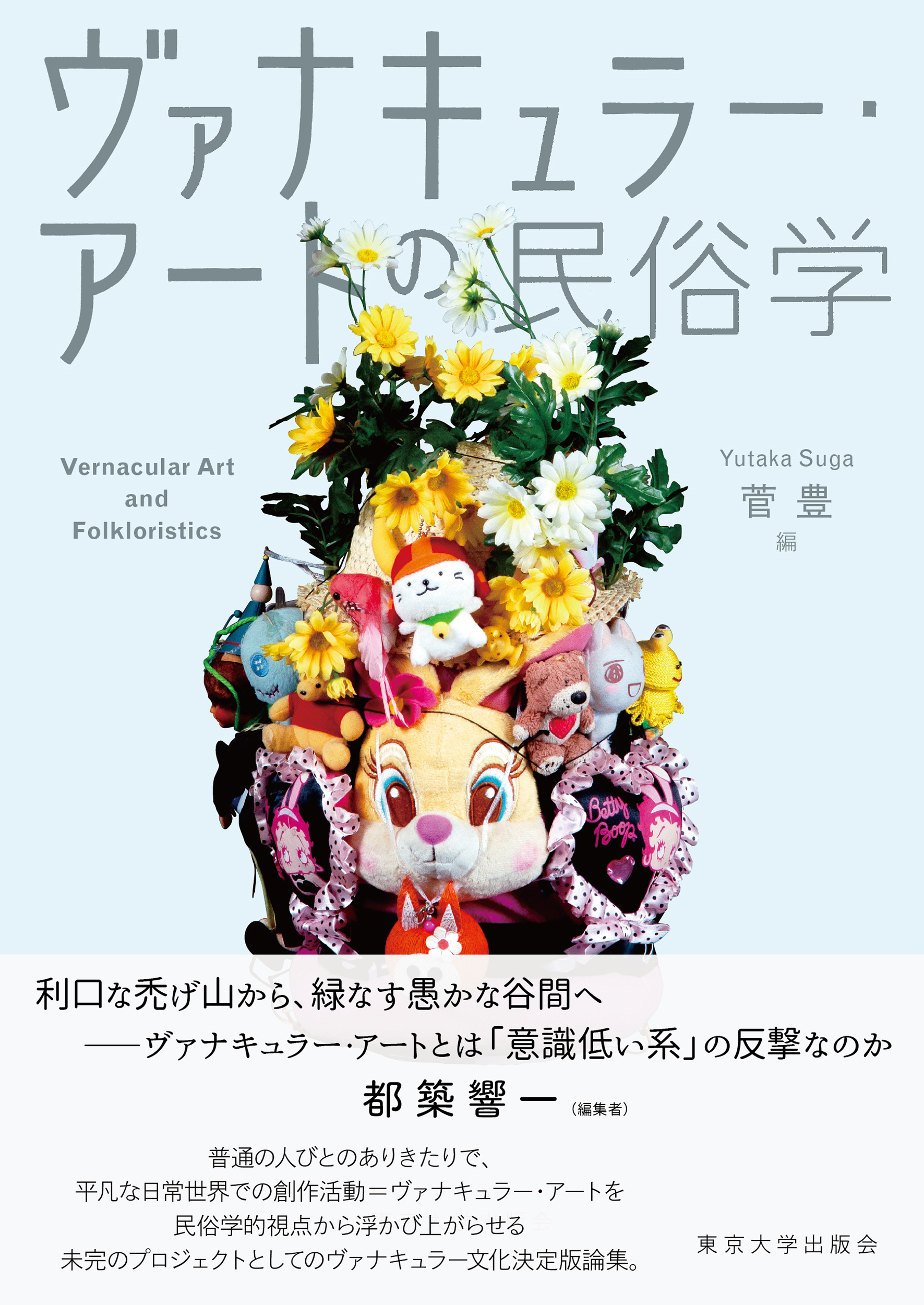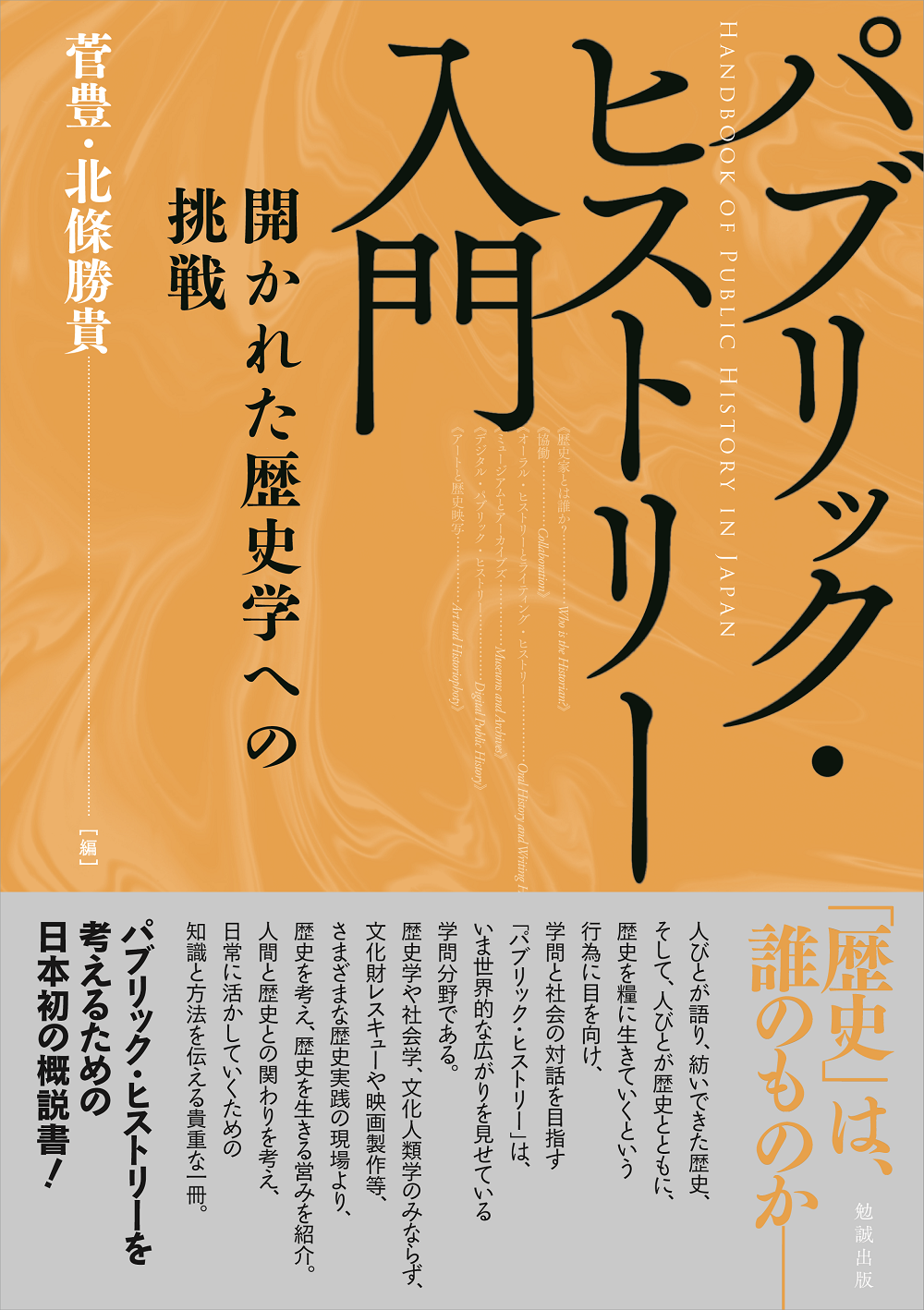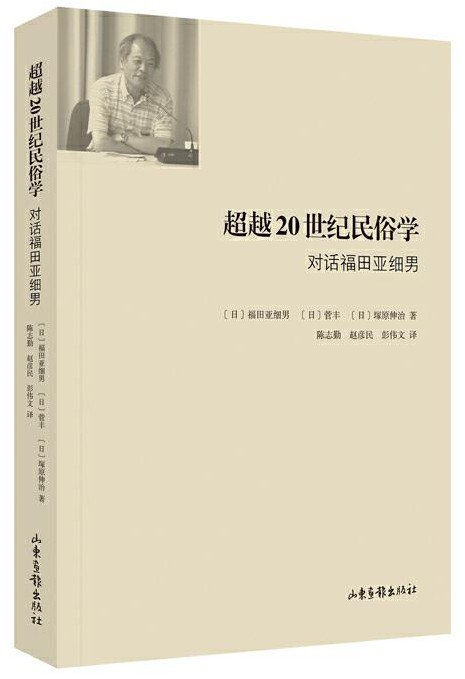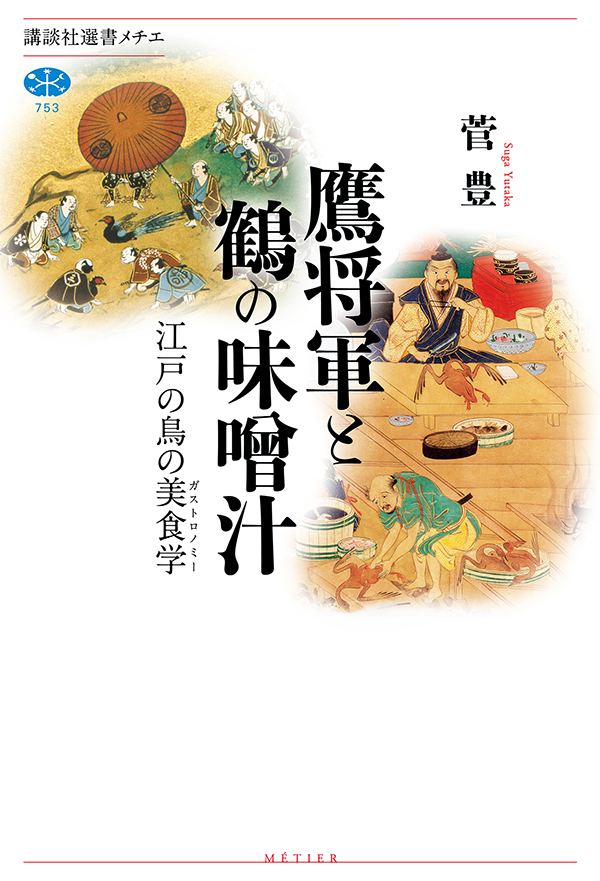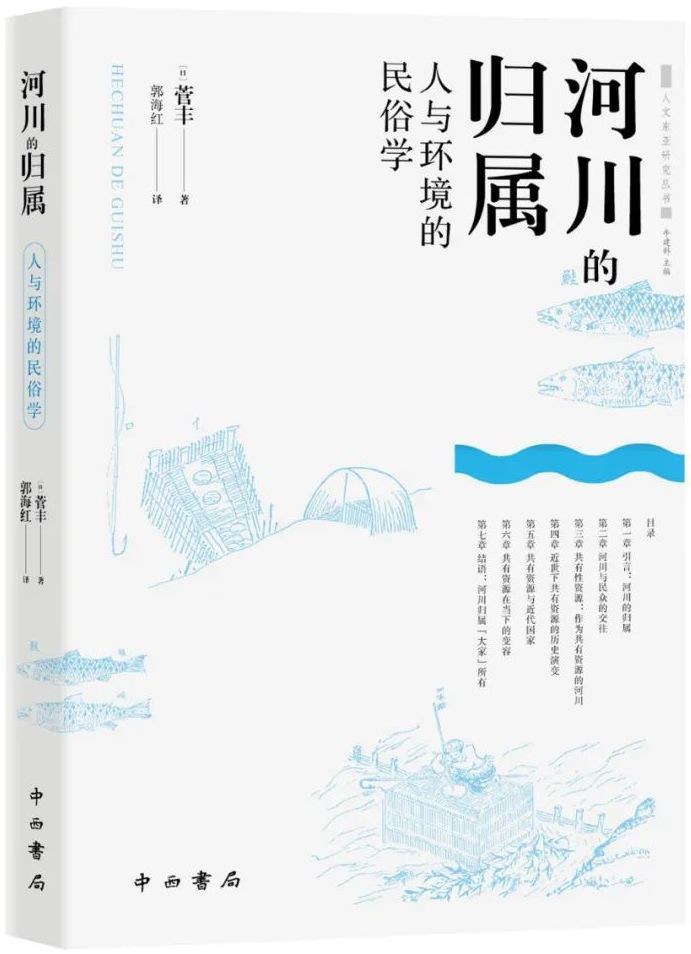
Title
East Asian Studies in the Humanities 河川的归属 (Who Owns the River?: A Folkloristic Study of People and the Environment)
Size
167 pages
Language
Chinese
Released
December, 2020
ISBN
9787547517895
Published by
Zhongxi Book Company
See Book Availability at Library
Japanese Page
The term “commons” appearing in this book can be defined as “resources used and managed in common by multiple stakeholders, and institutions for their shared management and use.” It is used as a keyword in the fields of ownership theory and resource management theory in contemporary society.
In recent years, many governments of free nations have been reducing public services on the basis of neoliberal policies. In addition, on the basis of the quite plausible idea of non-intervention by government in the autonomy of the economy and society, governments have endorsed the principle of competition, according to which individuals behave rationally in accordance with market principles. Further, because individuals have acquired too much power and have engaged in excessive competition with government backing, winners and losers have appeared, and this has led to irreversible disparities between them. As a result, society has become divided and daily life continues to become increasingly unstable.
At the same time, the questioning and reconsideration of these political trends and economic structures have been growing by the day in the background. The fact that the American political scientist Elinor Ostrom, a longtime leader of research on the commons, was awarded the Nobel Prize in Economics in 2009, even though she was not an economist, was probably not unrelated to such reconsiderations. Currently, the importance of the commons is being revisited and its potential is attracting attention. The potential of the commons is being explored as an old yet new social technique for dealing with problems in contemporary society that cannot be resolved by the government or individuals alone.
This book is an ethnography that describes how the commons has been preserved over a long period along one of Japan’s rivers, with a focus on its history. Historians and folklorists have until now hardly ever participated in discussions about the commons in Japan, and consequently there has been no research analyzing the historical dynamism of the genesis and transformation of the commons since the early modern period on the basis of actual historical sources. In this respect, this book has, I believe, achieved a measure of success in delineating evidentially and in microscopic detail the genesis and transformation of the commons over more than three hundred years in a single “small” locality. While the resulting picture of history is undoubtedly the picture of one “small” area, it is also a picture that can be “greatly” extended to commons that arose in many different parts of Japan.
The aim of this book is not just to understand the past of the traditional commons in Japan but also to gain hints for the future regarding resource management and preservation of the environment.
(Written by SUGA Yutaka, Professor, Institute for Advanced Studies on Asia / 2021)
Related Info
https://www.chinesefolklore.org.cn/web/index.php?NewsID=20265
Baidu Encyclopedia:
https://baike.baidu.com/item/%E6%B2%B3%E5%B7%9D%E7%9A%84%E5%BD%92%E5%B1%9E/57665227?fr=aladdin
Book Description by author (in Chinese):
https://www.ioc.u-tokyo.ac.jp/news/pub2103_suga.html
Original edition:
“Kawa ha Dare no Monoka” (published by Yoshikawa Kobunkan, in Jan 2006)
http://www.yoshikawa-k.co.jp/book/b33809.html



 Find a book
Find a book


